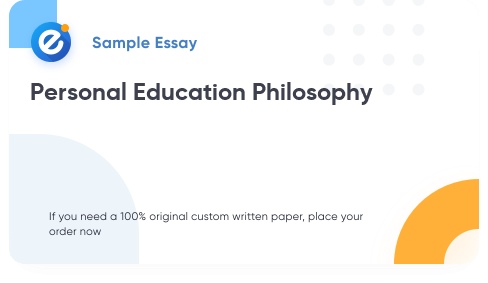
I was in grade eight when I participated in the national annual drama festivals that completely changed my career choice. The competition was stiff, but we emerged number three. Our drama was on education and criticized not only the curriculum and non-standard exams, but also portrayed the educators as inflexible and uninformed. Challenged to justify what the drama was about, I started reading several books and articles on education. It is the dark stories of unprofessional educators I read that pushed me to join the field; to clean it.
Education has and still will help shape the lives of many people around the world (Sadker & Sadker, 1994). Of the greatest surprise though, is the fact that some of the leading innovators of this century are college dropouts. The late Apple’s Chief Executive Steve Jobs, Lawrence Ellison, and Microsoft’s Bill Gates are some of the few high profile names in the list of college dropouts. This led me to the question, “is our education system too rigid to accommodate genius students or are the educators failing in their mandate to provide students with the right environment to explore their talents?” This trend formed the foundation of my personal philosophy of education; to create favorable environment for learners by employing the use of techniques they are familiar with while promoting active participation.
Calculate the cost of essay
Some of the factors I consider as hindrances to achieving these objective include the teaching curriculum. Most educators are heavily dependent on the curriculum thereby giving no room for learners to discuss other related ideas concerning the topics discussed. Learners enjoy more when ideas discussed in class relates to what they know or what they are curious to know (Sadker & Sadker, 1994). If the curriculum is not used with creativity, learning becomes rigid which hinders learners from sharing new ideas: a possible reason for genius students dropping out of school. Poor classroom management is another reason. The surrounding environment motivates individuals (Armstrong, Henson & Savage, 2009). Even with a good use of the curriculum, if an educator does not provide appropriate reinforcements in his classroom, learners get easily distracted in the course of learning. Differences in personality and cultural diversity are also hindrances. The world has become a “one big village” with people travelling freely and studying out of their countries of birth. This has brought people of different cultures together in the same classrooms. To achieve much, an educator must at least try to understand each individual, which is very tasking. I believe in giving every child a fair education and will always strive to understand the various cultural issues that may affect them.
Limited Time
special offer
I believe that learners need an educator who gives them opportunity to learn as if they were at home, and guides them with care, love, and understanding. All children are endowed with unrivalled capabilities, and it is our role as educators to bring out these capabilities. This is only possible if we give them active roles in the learning process. In fact, I have learned from my students by giving them a chance to teach me. I have known how to handle them from how they handle me, and I know that what I have been able to achieve with the children has been because of my desire to let them take an active role in the learning process.

